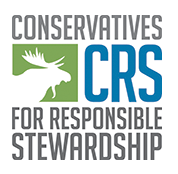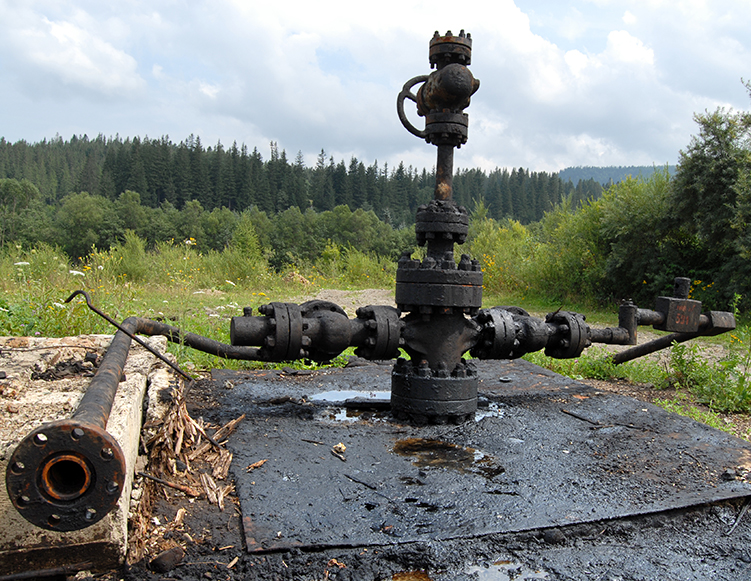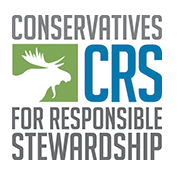Prior to drilling on public land, oil and gas companies must agree to completely clean up, plug, and fully restore drilling sites once they finish with them. Essentially, they must promise to clean up their mess as a condition of the drilling privilege. Unfortunately for us taxpayers, it is a promise that these companies break with increasing frequency.
A common practice is for a company to declare bankruptcy and go out of business under the name it is operating under, then start back up as a new entity under a different name, thus shedding all of the financial obligations associated with its former identity.
Anytime this happens—or these companies find some other way to skirt their clean-up responsibility—in results in “abandoned” or “orphaned” wells and the clean-up burden shifts to the American taxpayer. The oil and gas companies get all the profit, and leave you and me stuck with the bill.
How big is that bill? A new report by CRS projects that we could be on the hook for as much as $13.7 billion for the 96,000 “producible and service” oil and gas wells currently on our federal public lands. And that does not even include the more than 3.2 million wells that the Environmental Protection Agency (EPA) estimates have already been abandoned across our nation.
This shirking of responsibility by the oil and gas industry is a chronic problem. The solution, however, is quite simple. Require companies to post reclamation bonds in amounts that are adequate to cover the actual clean-up cost if they break their promise—as is supposedly required by law.
That law, 30 U.S.C. § 226(g) clearly states that the Secretary of Interior “shall…establish adequate bond, surety, or other financial arrangement…to ensure the complete and timely reclamation of the lease tract…,” yet the current bonding requirements are woefully inadequate to cover the costs of cleaning up abandoned and orphaned wells.
“There is no excuse for allowing this massive scam to continue. Both the Biden administration and Congress can easily fix this problem by instituting adequate bonding requirements. Failure to do so is nothing short of fiscal malpractice,” said CRS President David Jenkins.
Unless the Biden administration and Congress step up to the plate, this issue will continue and will cost you and me billions of dollars in clean-up costs. Now is the time to enact proper safeguards that protect taxpayers and to finally make sure that oil and gas companies clean up after themselves—as promised.
To learn more about this, read the new CRS report “Broken Promises.” It details the difference between current bonding requirements and the actual clean-up and reclamation costs we taxpayers could incur if promises are broken.
You can help make this happen by sending a letter to Congress and the White House here.



